Welcome to Saturday Sparks! This week, we’re exploring Tabletop Gaming, a hobby that brings people together through creativity, strategy, and shared moments of fun. Whether it is a simple card game, a classic board game, or an imaginative role-playing adventure, tabletop gaming offers a way to slow down, connect, and enjoy time with others.
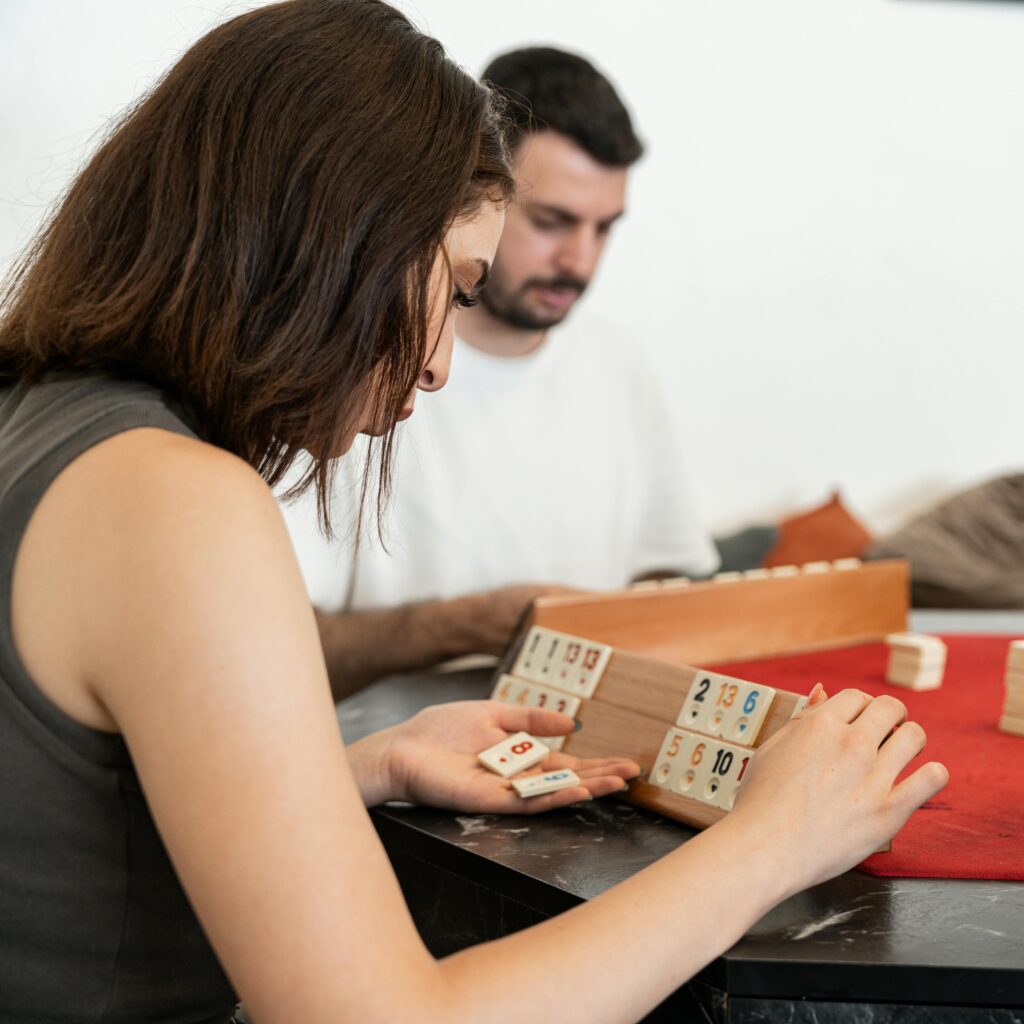
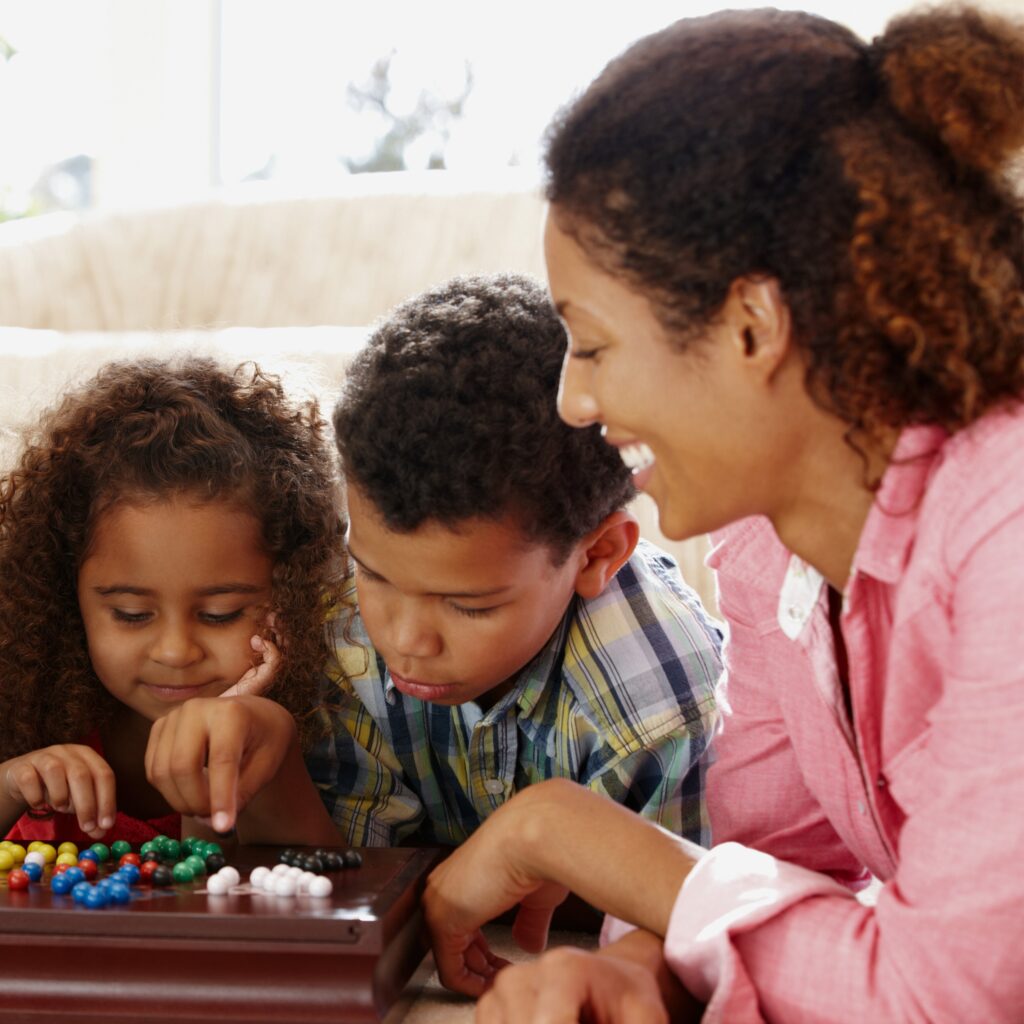

Tabletop gaming has been part of human culture for thousands of years. From ancient games like Senet and Go to modern favorites like Monopoly and cooperative storytelling games, people have always gathered around a table to think, laugh, compete, and collaborate. The appeal is timeless. Games invite us to step into new roles, solve problems, and share in experiences that feel both lighthearted and meaningful.
What is TableTop Gaming
Tabletop gaming includes a wide range of activities, from classic board games and card games to cooperative adventures and imaginative role-playing games. Some games rely on strategy, others focus on storytelling or teamwork, and many blend several styles at once. The variety makes it easy to choose experiences that match your interests, whether you prefer thoughtful planning, quick decision-making, or lighthearted fun.
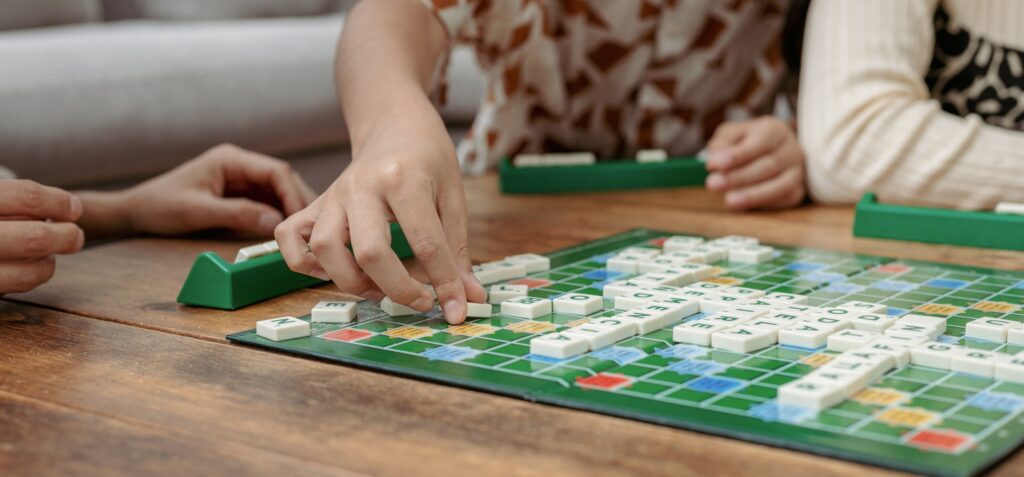
Although modern tabletop games come in countless forms, the idea of gathering around a shared game is not new. Ancient cultures played early versions of board and tile games using stones, carved pieces, or painted boards to create simple but meaningful challenges. Over time, games continued to evolve through chess, dominoes, card games, and the wide selection we see today. What has remained constant is the joy of coming together, thinking creatively, and sharing the moment.

Board games are one of the most familiar types of tabletop play. They can be simple or strategic, familiar or modern, and they are often easy for beginners to learn.
Games like Monopoly offer a clear structure that makes it easy for families and mixed-age groups to play together, while newer titles provide fresh themes and mechanics for added variety.
Card games are fast to set up and easy to carry, which makes them convenient for spontaneous play. Some are competitive and rely on quick thinking, while others encourage cooperation or social interaction.
From classic games like Rummy to modern deck-building systems, card games offer a wide range of styles for different ages and experience levels.

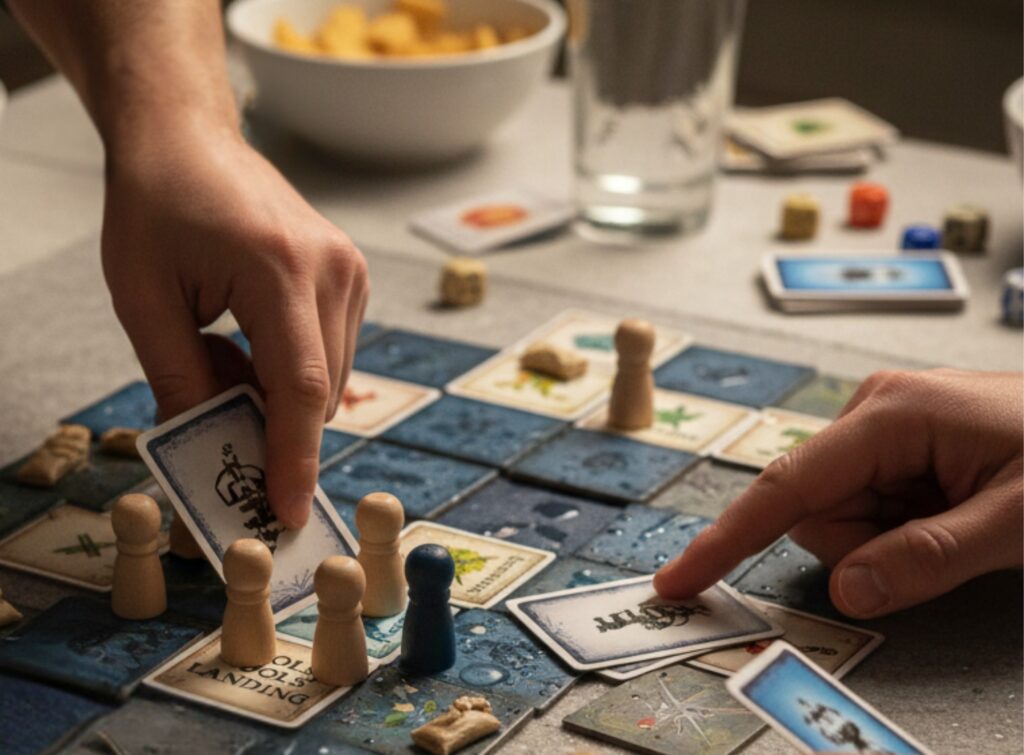
Cooperative games shift the focus from competition to teamwork. Players work together to solve challenges, manage resources, or complete missions as a group.
Games like Pandemic or Forbidden Island encourage communication and shared problem-solving, creating a sense of unity and accomplishment.
Role-playing games, often called RPGs, invite players into imaginative worlds where they create characters, explore stories, and make decisions through guided scenarios and conversation.
Games like Dungeons and Dragons blend creativity, teamwork, and improvisation. Many systems are beginner friendly and allow players to explore calm, cozy, or adventurous themes at their own pace.
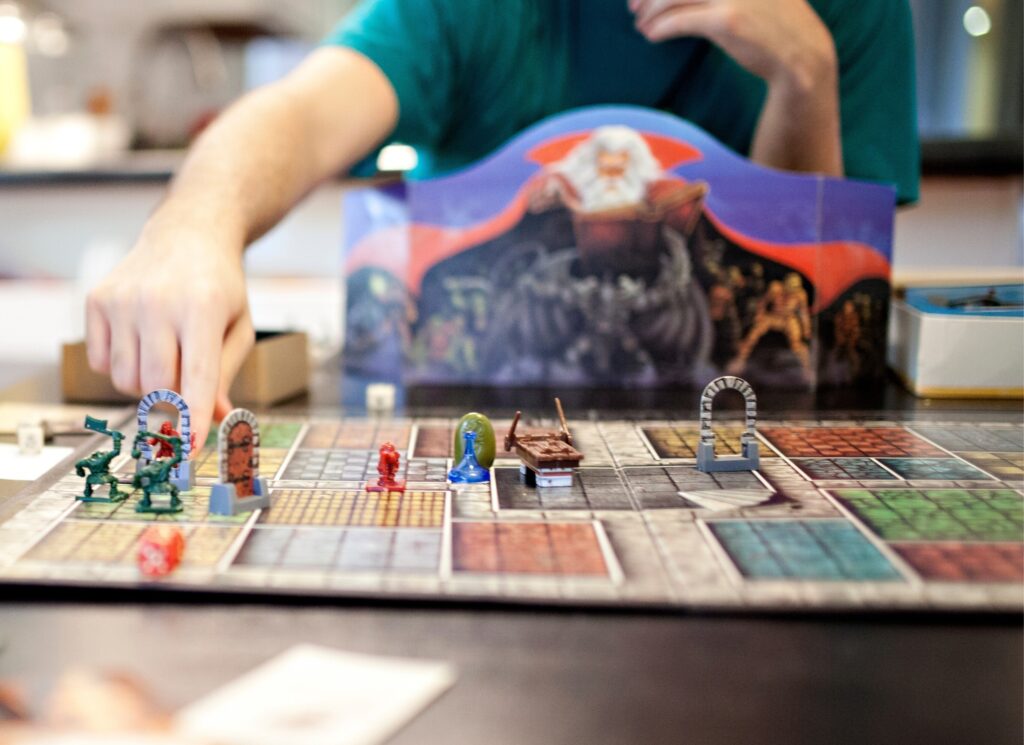
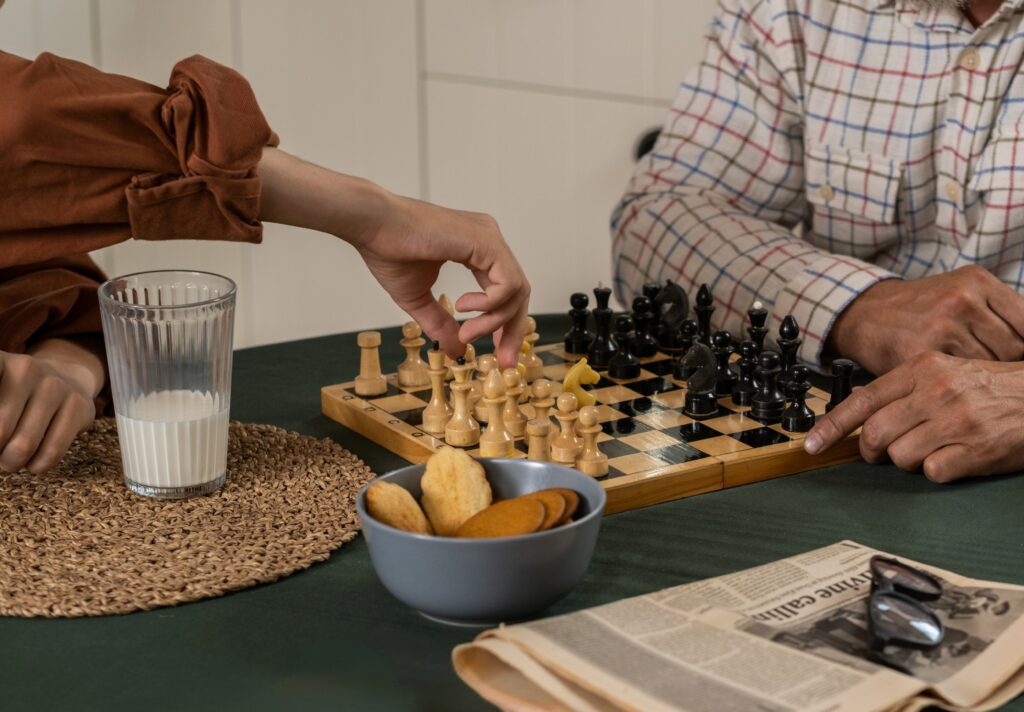
Miniatures and strategy games focus on tactical thinking and careful planning. Players place figures or tokens on a board or map to represent units or characters, then make decisions based on movement, positioning, or long-term strategy.
Classic examples include chess and Stratego, as well as larger war games like Axis and Allies, which offer deeper strategic planning and longer sessions.
These games can be more complex, but they provide a rewarding sense of depth and mastery.
Some tabletop games are competitive, while others are fully cooperative, and many fall somewhere in between. Each style offers a unique way to engage with others and enjoy shared time at the table.
Tabletop gaming does not require any advanced knowledge or skill. Rules vary from game to game, but many can be learned within a few minutes. Most games are suitable for a wide range of ages and experience levels, which makes the hobby accessible and adaptable for families, friends, and new groups. At its simplest, all you need is a game, a table, and the desire to enjoy time together.
The Benefits of Tabletop Gaming
Tabletop gaming encourages social connection and meaningful interaction. Sitting together around a table creates space for conversation, shared laughter, and collaborative problem-solving.
It offers an opportunity to be fully present with friends or family, making it easier to build relationships and enjoy time together without distractions.
It supports healthy competition in a friendly, low-pressure environment. Players learn how to handle wins and losses with patience and good sportsmanship.
These moments encourage resilience and help both children and adults navigate challenges calmly and confidently.
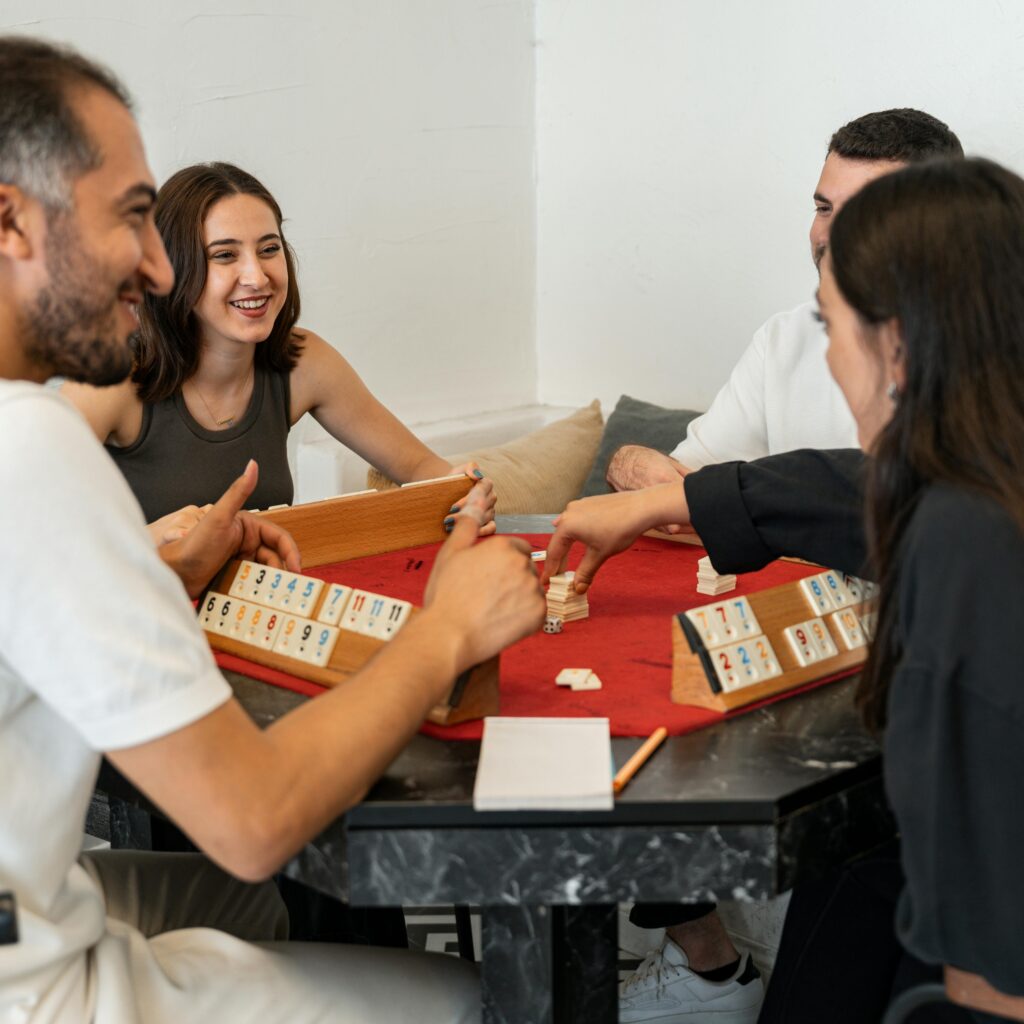
Tabletop gaming nurtures creativity and imagination. Storytelling games spark character building and world creation, while strategy titles encourage players to imagine different paths and outcomes. Even simple games allow space for creative thinking as players find new approaches or playful ways to interact.

It promotes mindfulness and presence. When you are absorbed in a game, you naturally concentrate on the moment in front of you. Paying attention to cues, turns, and shared goals helps quiet mental noise and creates a sense of calm focus, making it a relaxing way to unwind.
It offers flexibility and all-weather enjoyment. It can be played year-round, no matter the weather, and requires only a comfortable place to sit. Whether it is a rainy afternoon indoors or a quiet evening at home, games provide a dependable way to enjoy time together.
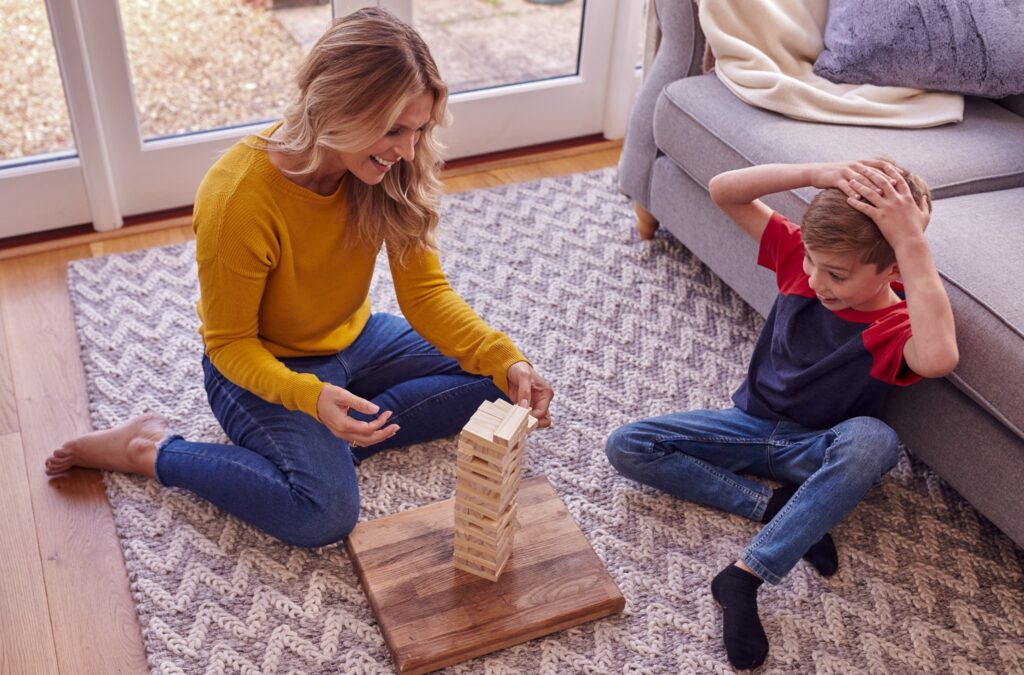
It helps strengthen memory and concentration. Many games require players to recall rules, track changing conditions, or remember previous moves. This steady mental engagement keeps the mind active and focused while still feeling enjoyable and relaxed.
It strengthens critical thinking and problem-solving skills. Many games require players to plan ahead, adapt to changing situations, or read their opponents’ strategies. These moments of thoughtful decision-making help improve focus, reasoning, and creativity in a fun, low-pressure environment.

It is also relatively inexpensive. Many classic games last for years, and new ones can be added slowly based on interest. Families often build collections over time, which keeps the hobby affordable and accessible.
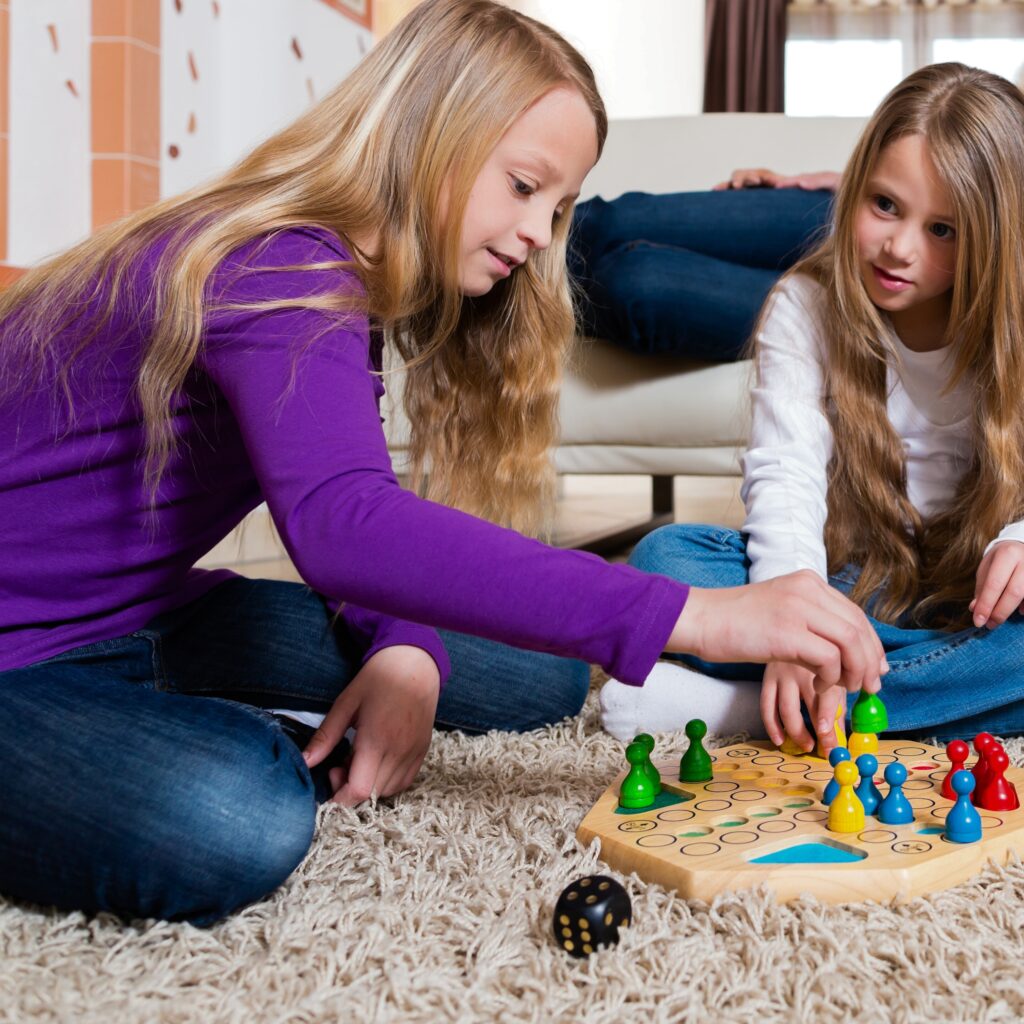
Tabletop games are suitable for all ages. Children can enjoy simple matching, counting, or storytelling games, while adults may prefer strategy or cooperative adventures.
Many games are designed with multiple difficulty levels or flexible rules, which makes it easy for different ages and experience levels to play together.
It becomes a hobby the whole family can enjoy at the same table, creating shared moments that appeal to everyone.
It encourages patience and turn-taking. Most games require players to wait, observe, and plan before making a move. This pacing creates a calm rhythm and helps players of all ages practice slowing down and thinking carefully before acting.
It improves communication skills. Whether explaining a rule, talking through a strategy, or participating in a role-playing scene, players practice clear and thoughtful communication. These conversations help build confidence and strengthen social interaction in a natural way.
It also provides a meaningful break from screens, offering a way to unwind without digital distractions, encouraging players to slow down and enjoy real-time interaction.
The shift to face-to-face play creates a refreshing sense of presence and connection.
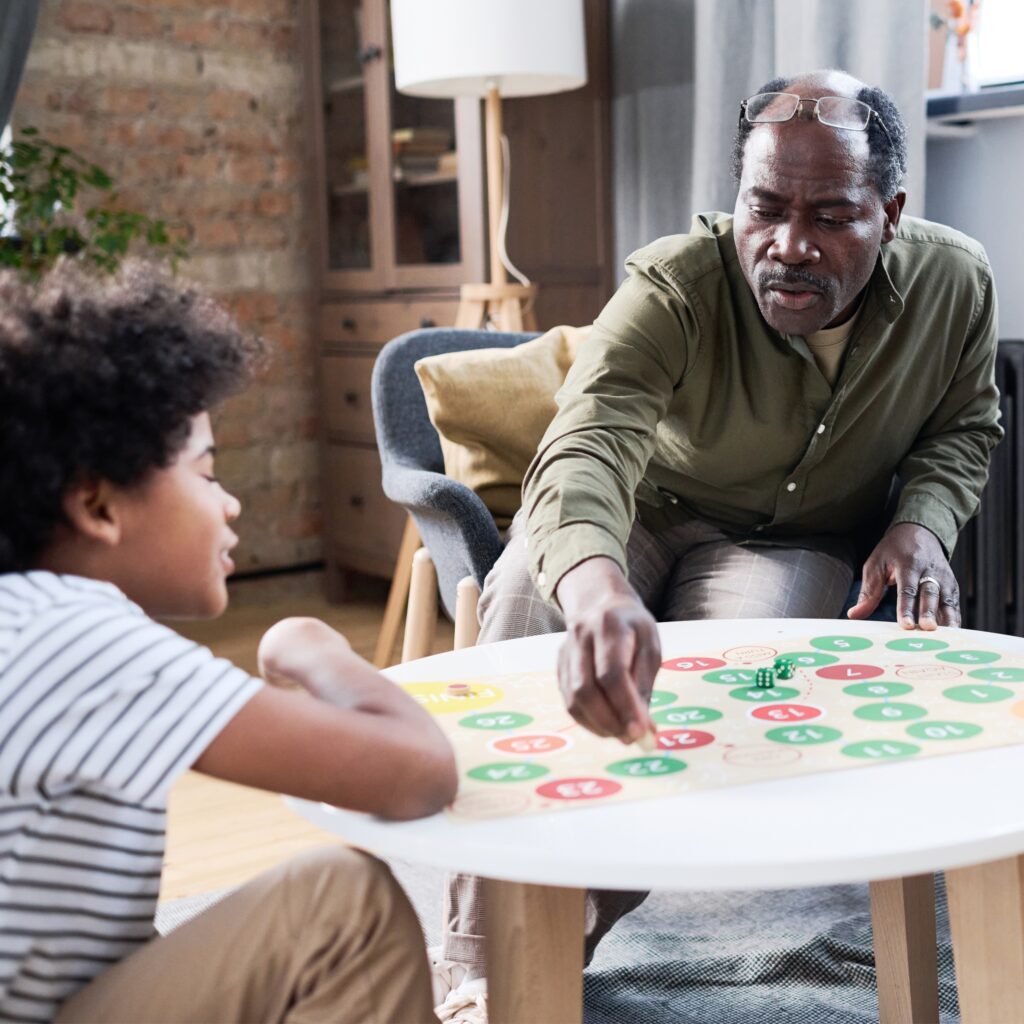
Finally, tabletop gaming fosters teamwork and cooperation. Cooperative games in particular encourage players to communicate clearly, share ideas, and make group decisions. These moments create a positive sense of unity and accomplishment when goals are achieved together.
GETTING STARTED
The easiest way to begin with tabletop gaming is to explore the many options available. Browse local retailers, game shops, or online stores to see which types of games catch your interest. There are countless choices, from light card games to cooperative adventures and strategic classics, so you can choose something that fits your style and comfort level.
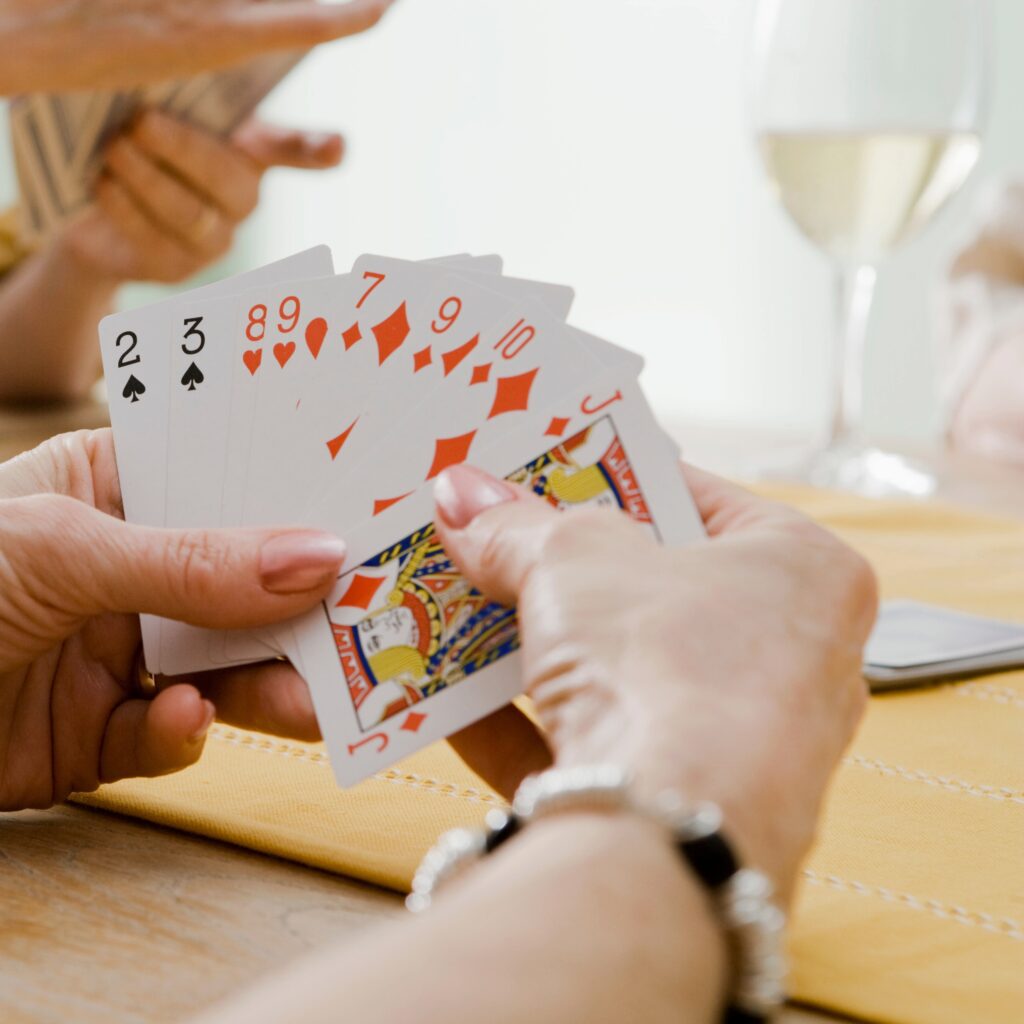

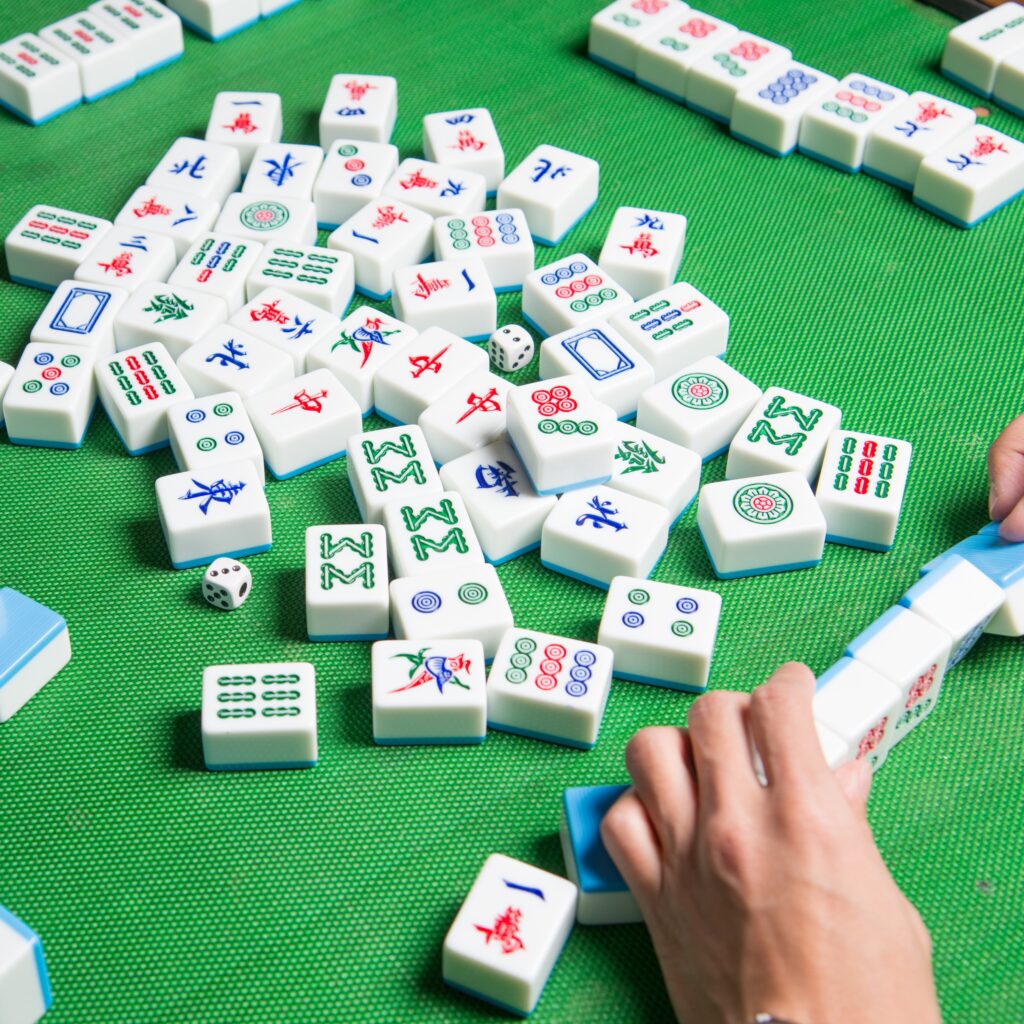
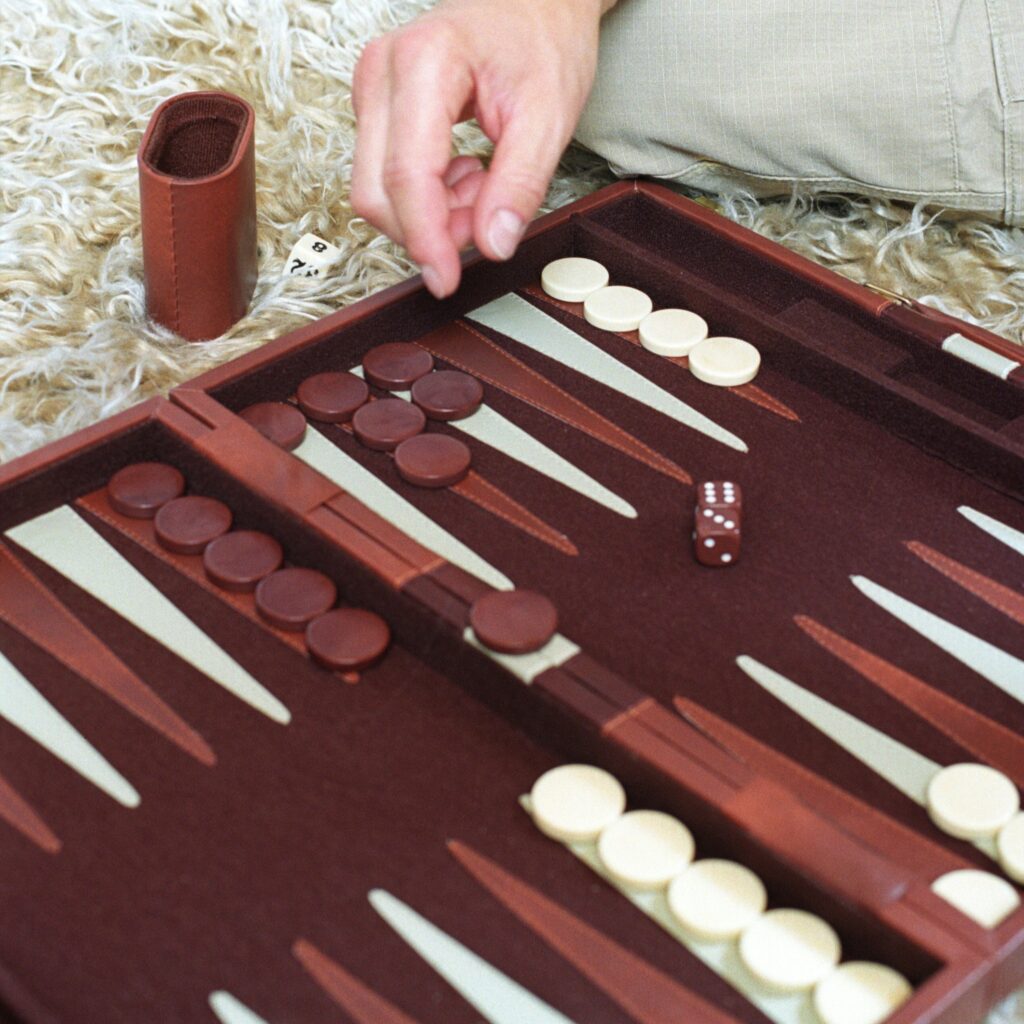
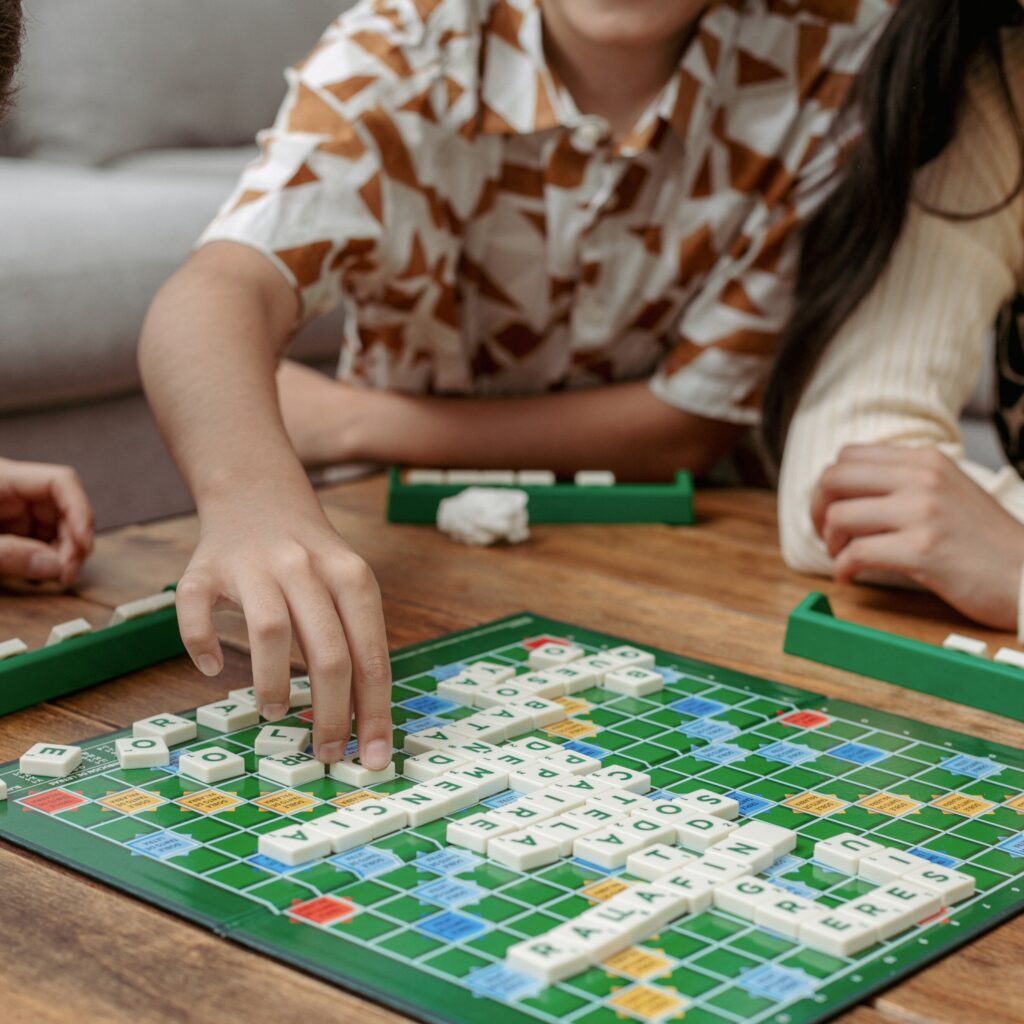
Once you have a few games in mind, touch base with friends or family and pick a time to play together. A planned game night makes it easy for everyone to join in and creates a relaxed atmosphere where learning and playing feel natural. Tabletop gaming is meant to be social, and gathering a group helps bring the experience to life.
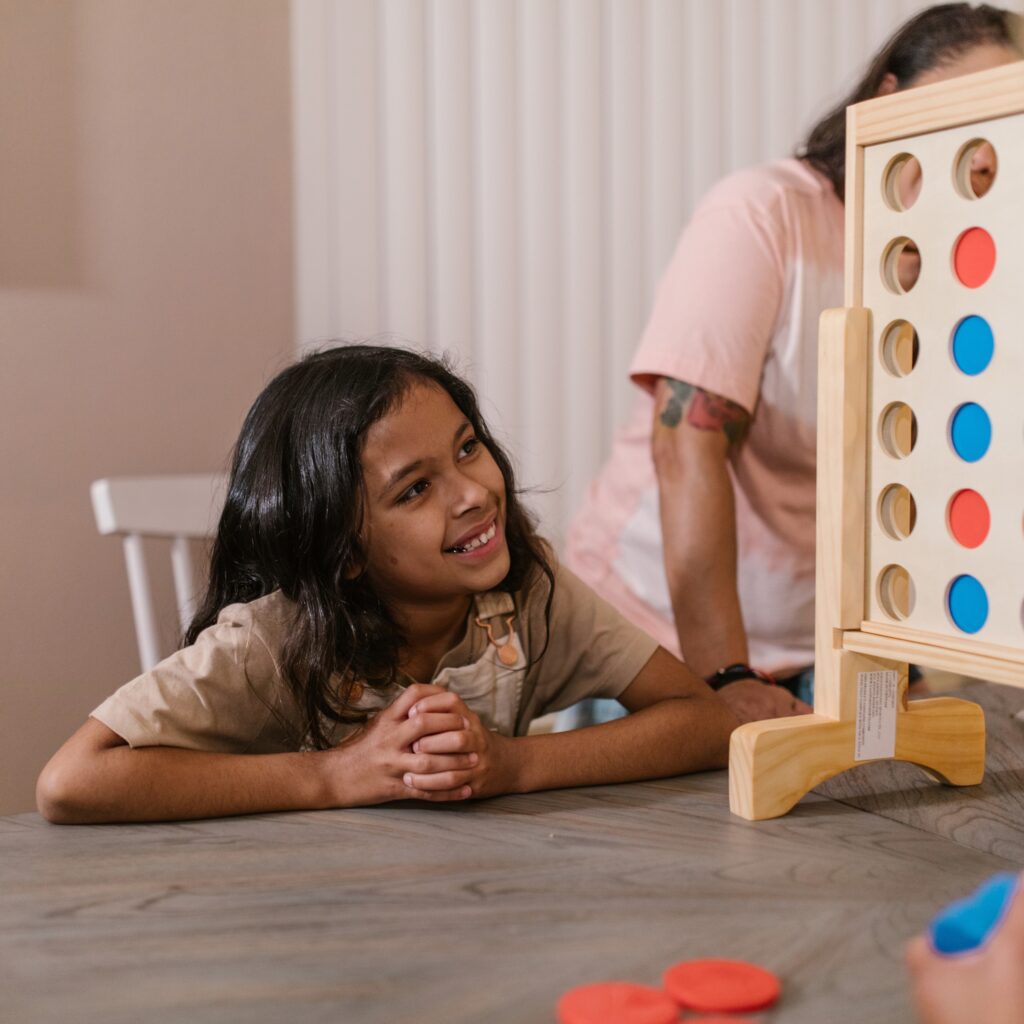
If you are new to the hobby, choose a simple game for your first session. Many beginner friendly games have straightforward rules that can be learned in a few minutes. This helps you get comfortable without feeling overwhelmed and keeps the focus on connection and fun.
For those who prefer a quieter start, there are online platforms such as Board Game Arena, Tabletopia, and Roll20 that allow you to learn games at your own pace. These tools are helpful for practicing rules or exploring different styles before hosting your own game night.
Local game shops or cafés are also helpful resources. Many offer open play nights, beginner sessions, or demo shelves where you can try games before purchasing. These spaces create a welcoming environment to learn, ask questions, and meet others who enjoy gaming.
As you grow more comfortable, try a mix of game types. Explore a card game, a cooperative challenge, or a storytelling session to see what you enjoy most. The goal is not to master every game but to find experiences that bring you and your group joy.
RESOURCES
There are many helpful resources available for anyone interested in tabletop gaming, whether you prefer to learn on your own or connect with others in your community. Local game shops are one of the best places to start. Staff members can recommend games based on your interests, explain basic rules, and often provide demo copies so you can try a game before purchasing. Many shops also host open play nights where you can learn alongside other players.

Libraries are another valuable resource. Many now offer board game lending programs that allow you to borrow games just as you would books. This is an affordable way to explore different styles without committing to a purchase. Some libraries even host family game nights that welcome players of all ages.
Local and online retailers provide a wide selection of games with detailed descriptions and reviews. Websites such as Amazon, Miniature Market, and CoolStuffInc offer a broad catalog of titles, from classic favorites to modern releases.
If you prefer a curated experience, publishers like Ravensburger, Hasbro, and Days of Wonder maintain sections of their websites dedicated to beginner friendly games.
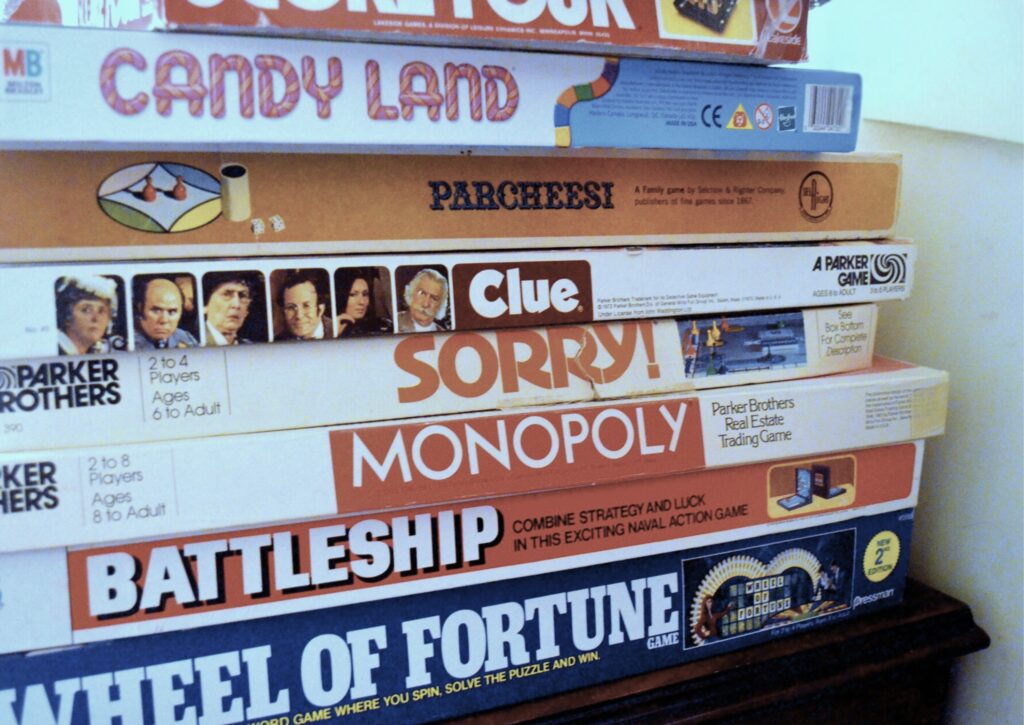
For learning rules or watching how a game plays, YouTube channels are extremely helpful. Channels such as Tabletop, Watch It Played, and Geek and Sundry provide clear explanations, visual demonstrations, and full playthroughs. These videos can make new games feel much more approachable.

If you enjoy playing with others, online communities are a great place to find groups and support. Websites like BoardGameGeek offer forums, reviews, and discussions for nearly every game. Platforms such as Meetup can help you find local gaming groups, while Discord communities allow you to connect with players around the world.
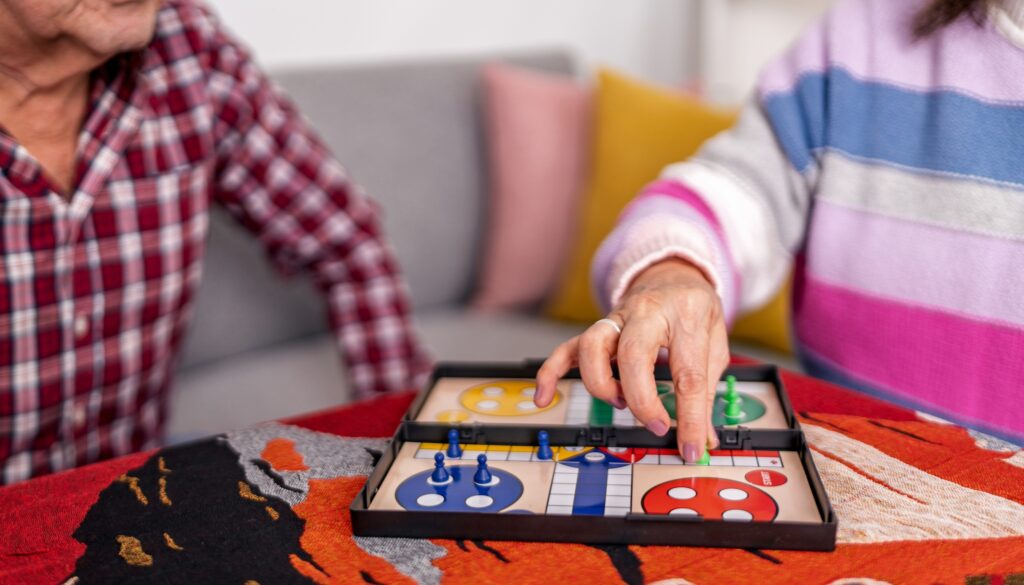
Digital platforms can also help you learn and practice. Board Game Arena and Tabletopia offer digital versions of hundreds of tabletop games. Roll20 is ideal for role-playing sessions if you want to explore storytelling games in a guided online setting.
Affordable gaming options are available as well. Many thrift shops and secondhand stores carry gently used games at low prices, and print-and-play games offer downloadable versions you can assemble at home. These choices make it easy to enjoy tabletop gaming without a large investment.
Tips for Success
To make the most of Tabletop Gaming, here are some helpful tips:
Tabletop gaming is most enjoyable when you keep the experience relaxed and flexible. A few simple habits can help your game nights run smoothly and create a welcoming environment for everyone at the table.
Begin by choosing games that match your group’s comfort level. Start with something simple if you are playing with beginners or mixed ages. Clear rules and a gentle learning curve help everyone feel confident and included.
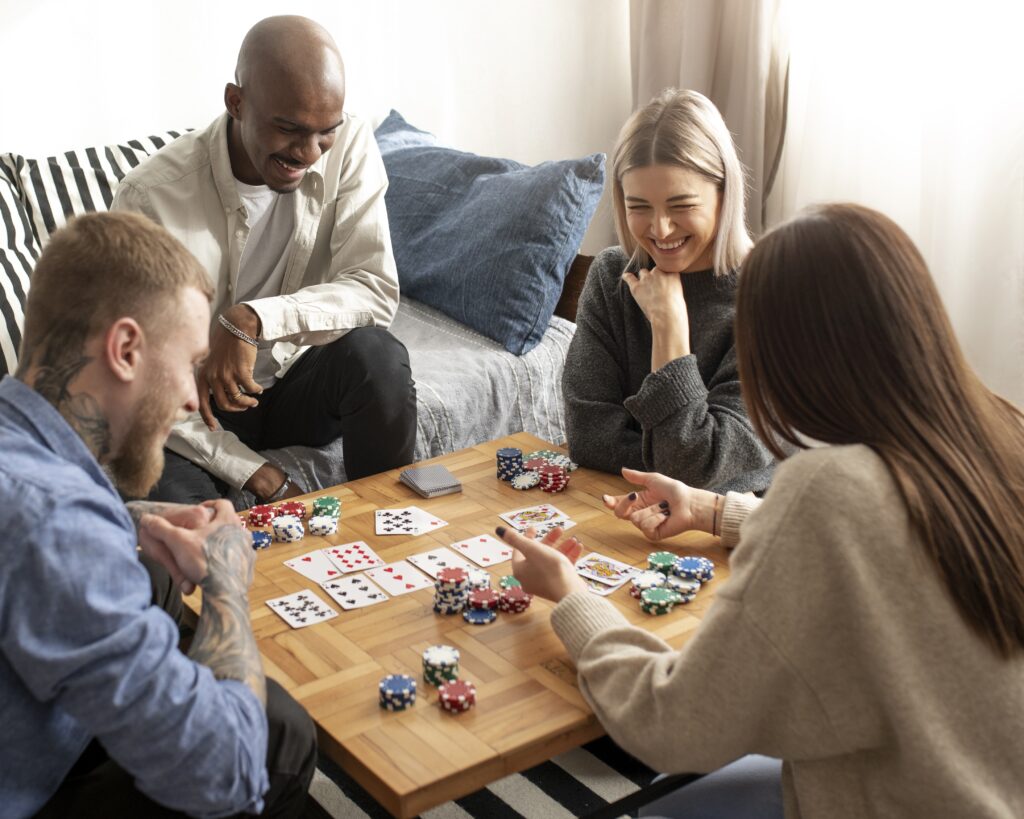
Try to Keep game night flexible. If a game is not working for your group, switch to something lighter or end the session on a high note. The goal is to enjoy time together, not to complete every rule or scenario perfectly.
Read through the rules before play or watch a short tutorial video if the game is new to you. Having a basic understanding of the flow can make learning easier for the entire group and reduce confusion once the game begins.
Rotate who selects the next game to keep things fresh. This allows everyone to explore different styles and ensures that all players feel included in the experience.
Create a comfortable playing space. A clean, well-lit table with enough room for cards, pieces, and snacks helps keep the atmosphere relaxed.
Good lighting makes it easier to read rulebooks and game components, especially during longer sessions.
Keep the focus on fun, not perfection. Mistakes happen and rules may be forgotten, especially in the early rounds.
Treat errors with patience and humor so everyone feels encouraged to keep playing and learning.
Set the tone for communication. Encourage players to ask questions, clarify rules, or share ideas during cooperative games. Open conversation helps the group feel connected and makes the experience more enjoyable.
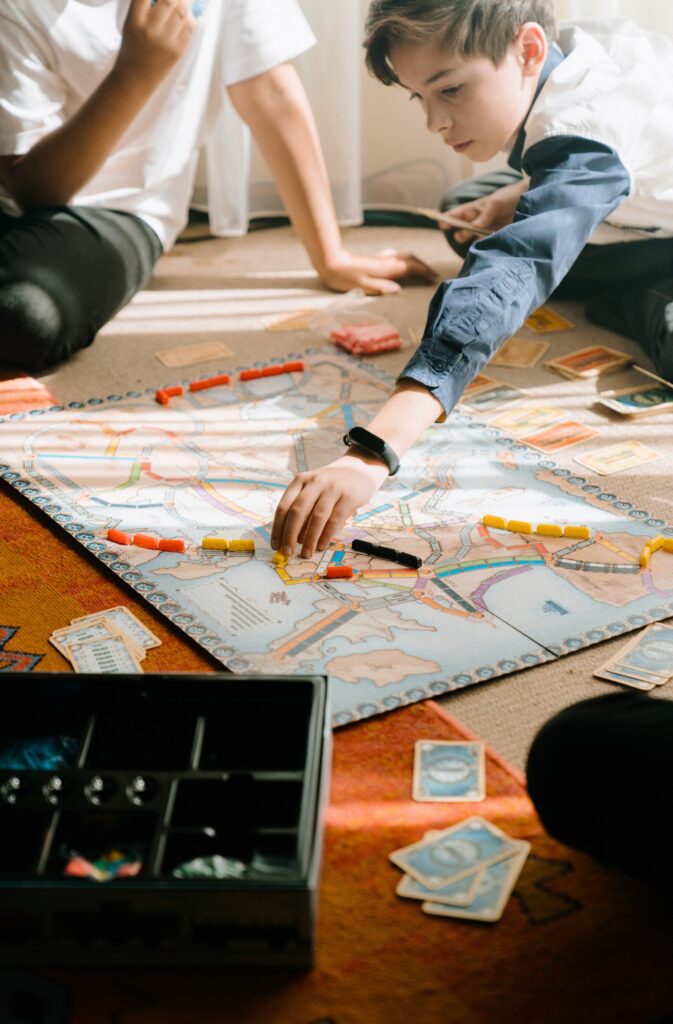
Plan breaks for longer games. Strategy games and role-playing sessions can last several hours. Taking short pauses to stretch, refill drinks, or reset focus helps keep the energy positive and prevents fatigue.

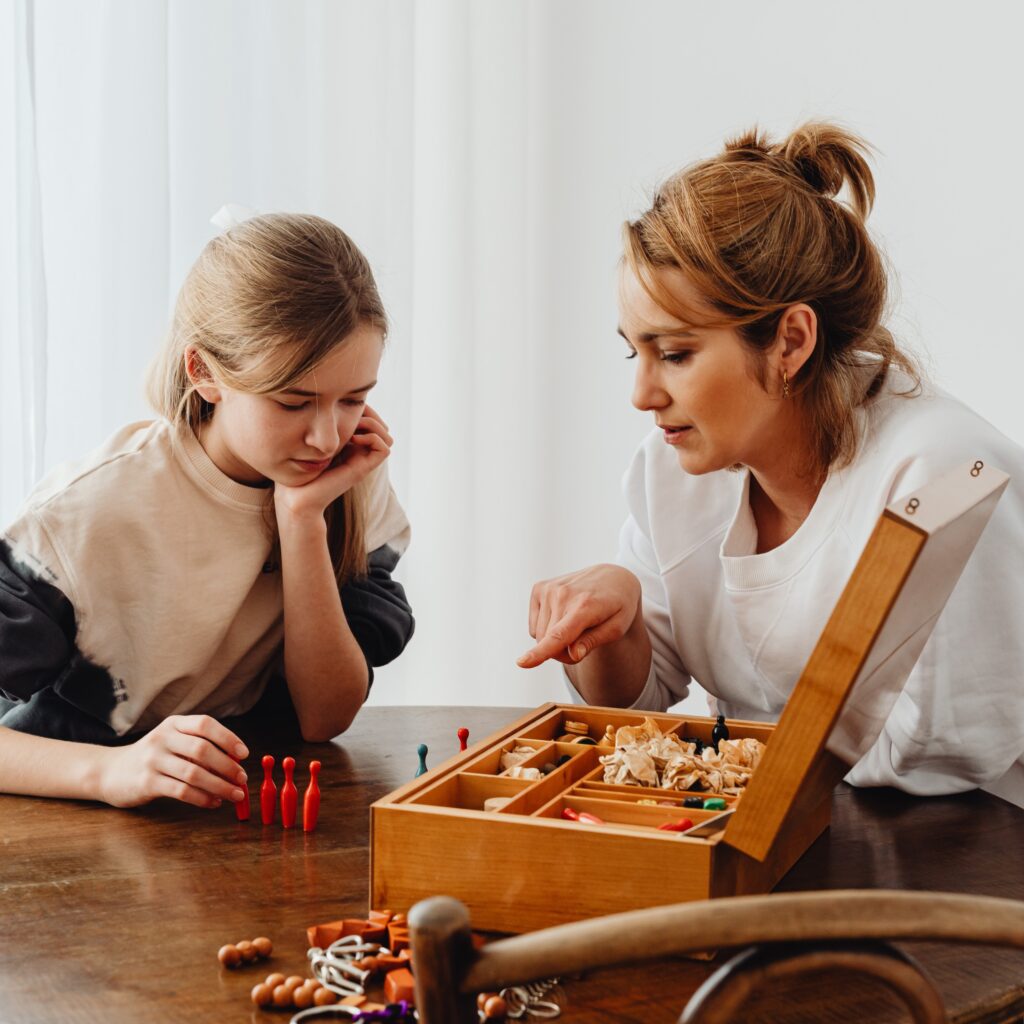
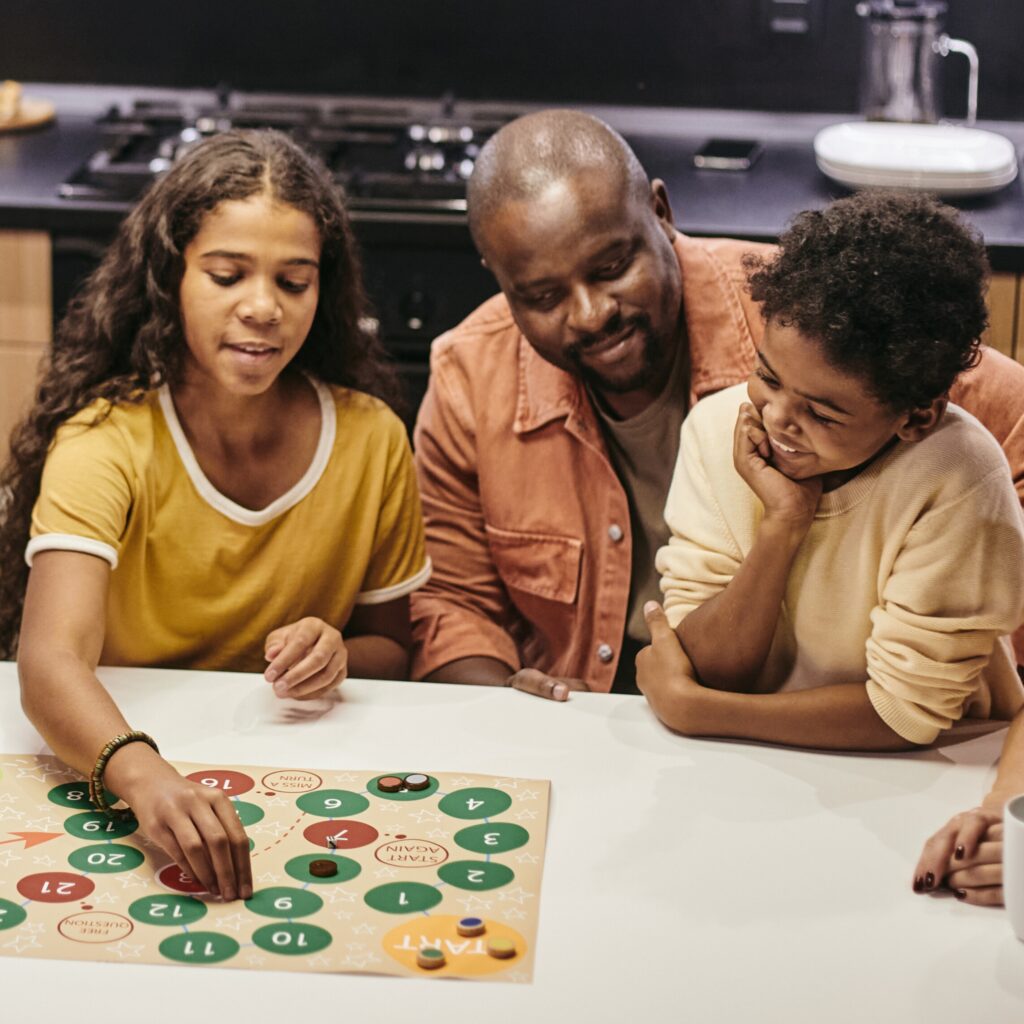
Final Thoughts
Tabletop gaming offers a reminder of how simple it can be to slow down and enjoy time with others. Each game invites you to focus on the moment in front of you, share conversation, and appreciate the small connections that form around a table. The experience does not depend on skill or competition. It grows from presence, curiosity, and the willingness to engage.
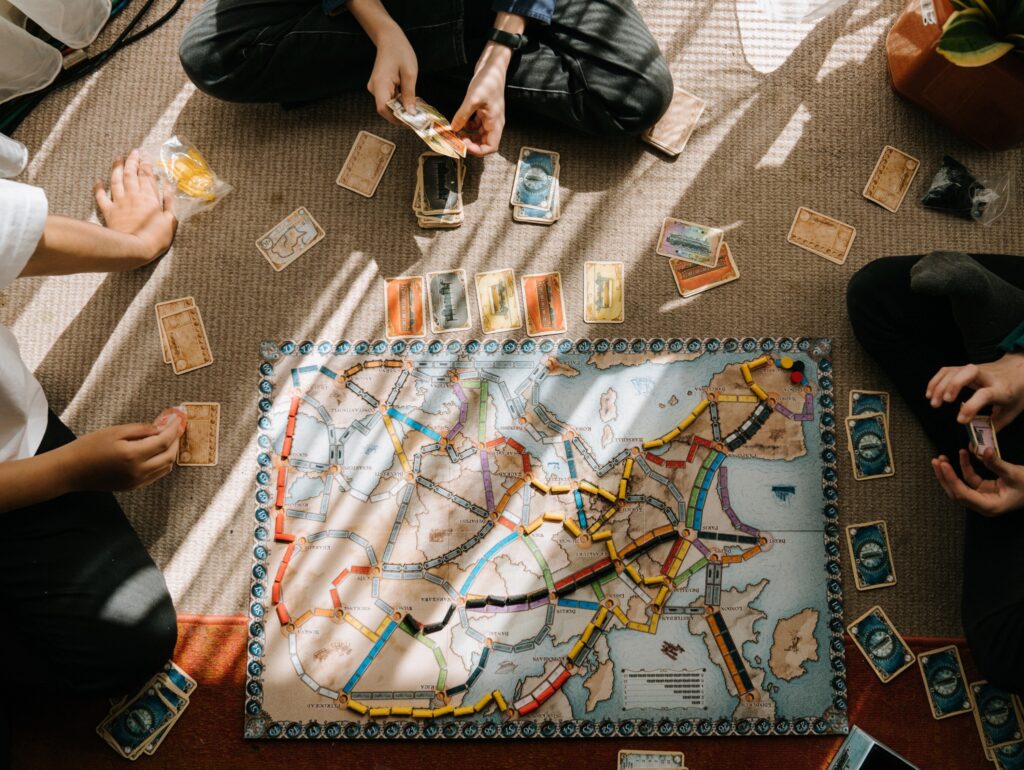
Tabletop gaming shows that joy can come from simple routines and shared experiences. Whether you prefer strategy, storytelling, or familiar classics, each game offers a chance to unwind and enjoy a moment of play.
Do you have a favorite tabletop game or a style you enjoy most? Share your thoughts in the comments below.
Leave a Reply